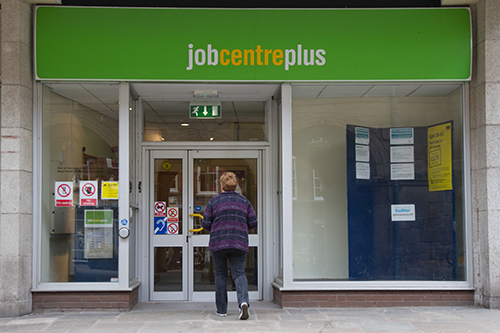 Labour’s Employment Rights Bill has “missed the opportunity” to support disabled people with finding and staying in work, says Epilepsy Action.
Labour’s Employment Rights Bill has “missed the opportunity” to support disabled people with finding and staying in work, says Epilepsy Action.
The bill, published on 10 October 2024, promises to end unfair employment practices, boost economic growth and “make work pay”. However, Epilepsy Action said it is “disappointing” that the bill doesn’t mention any specific measures around disability employment.
The measures proposed by the bill include making flexible working the norm where practical and strengthening statutory sick pay.
It also discusses providing basic rights from day one, including protection against unfair dismissal and parental and bereavement leave, stronger dismissal protections for pregnant women and new mothers, and ending zero hours contracts and unscrupulous practices.
Daniel Jennings, senior policy and campaigns officer at Epilepsy Action, said: “While some of the measures announced in the Employment Rights Bill are very welcome, it is disappointing that the government has missed the opportunity to address the wider issues that many disabled people face in finding and staying in work.
“The employment rate for people with disabilities remains around 54%, compared to 82% of non-disabled people, and yet no specific measures to support disabled people into work were announced as part of the bill.
“For people with epilepsy, the employment rate is even lower, at 42%, and so it is clear that specific measures are needed to address this gap. We have previously called for reforms to Access to Work, to provide support for people while they are looking for work, and more robust action against employers that refuse to implement reasonable adjustments. This bill would have been the perfect opportunity to implement such measures as well as others we have suggested.”
Urgently review support for disabled people
Research from the Trade Union Congress (TUC) showed that, on average, people with epilepsy are paid around 11% less than non-disabled workers.
The disability employment gap, the difference in the employment rate of disabled people and people who are not disabled, has also remained at around 30% since 2010.
In a recent survey by Epilepsy Action, 60% of respondents who had epilepsy said that they have faced discrimination at work due to their condition. People have reported misconceptions and misunderstandings in work or while job hunting, which they say have affected their opportunities and wellbeing.
Meanwhile, in another survey, 42% of employers admitted that they would be inclined not to hire someone with epilepsy to save their company potential challenges, even though they know this is discrimination.
A separate draft bill is expected to discuss legislation to end pay discrimination, including mandatory reporting on ethnicity and disability pay gap for large employers.
Jennings added: “The government needs to urgently review the employment support available for disabled people to ensure that people are not marginalised when it comes to employment opportunities.”
What do you think about the new Employment Rights Bill? Get in touch with your thoughts and employment experiences by emailing campaigns@epilepsy.org.uk.
More articles




